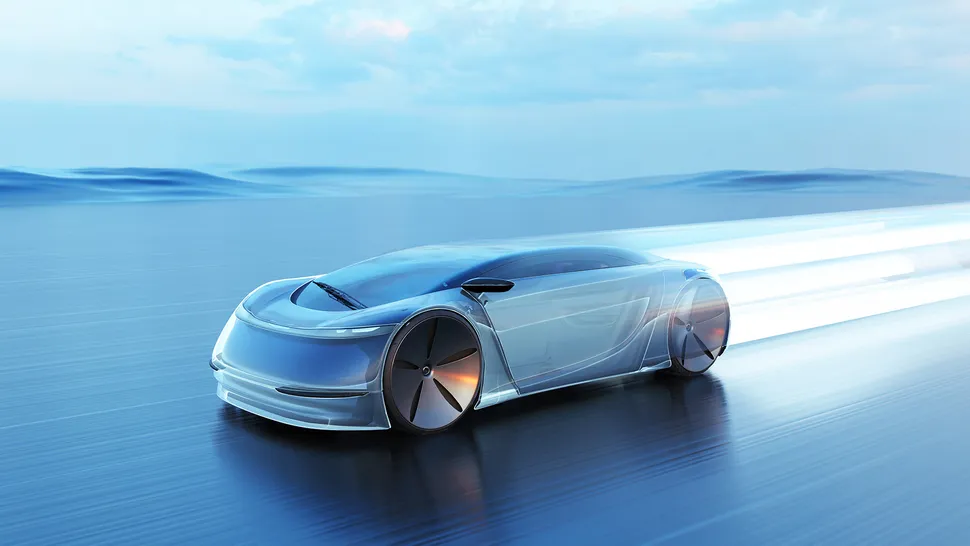The Future of Electric Cars: What’s Next for EV Technology?
The future of electric vehicles (EVs) is evolving rapidly, driven by advancements in battery technology, charging infrastructure, and sustainability efforts. Here’s what’s next for EV technology:
1. Next-Generation Batteries
- Solid-State Batteries: These offer higher energy density, faster charging, and greater safety than traditional lithium-ion batteries. Companies like Toyota and QuantumScape are making strides in this area.
- Lithium-Sulfur and Sodium-Ion Batteries: These alternatives promise lower costs and a more sustainable supply chain.
2. Faster & More Accessible Charging
- Ultra-Fast Charging: 800V architectures (like those in the Porsche Taycan) allow EVs to charge in under 20 minutes.
- Wireless Charging: Automakers are testing inductive charging for EVs to make the process more seamless.
- Expanded Charging Networks: Companies like Tesla, Electrify America, and Ionity are working to increase the availability of fast-charging stations.
3. Improved Range & Efficiency
- Lighter Materials: More EVs are using carbon fiber and advanced aluminum to reduce weight and improve range.
- Aerodynamic Enhancements: Vehicles like the Mercedes-Benz EQXX are pushing efficiency to new limits, with ranges exceeding 600 miles per charge.
4. Vehicle-to-Grid (V2G) & Bi-Directional Charging
- EVs will increasingly support bi-directional charging, meaning they can power homes during outages or sell excess energy back to the grid.
5. Autonomous & Smart Integration
- AI-Driven Energy Optimization: Machine learning will help optimize battery usage and charging.
- Autonomous Driving: Companies like Tesla, Waymo, and GM Cruise are integrating EVs with self-driving technology for future smart mobility solutions.
6. Sustainable Manufacturing & Recycling
- Battery Recycling Programs: Companies like Redwood Materials and Li-Cycle are developing ways to reuse EV batteries instead of disposing of them.
- Carbon-Neutral Manufacturing: Automakers are working to produce EVs with minimal environmental impact.
7. New EV Market Segments
- Electric Trucks & SUVs: Rivian, Ford, and Tesla are leading the charge in the electric truck space.
- Affordable EVs: More automakers are focusing on budget-friendly electric cars to increase adoption globally.
The next decade will see EVs become more efficient, affordable, and sustainable, pushing us toward a cleaner, electrified future. Would you like insights on a specific aspect of EV technology?
